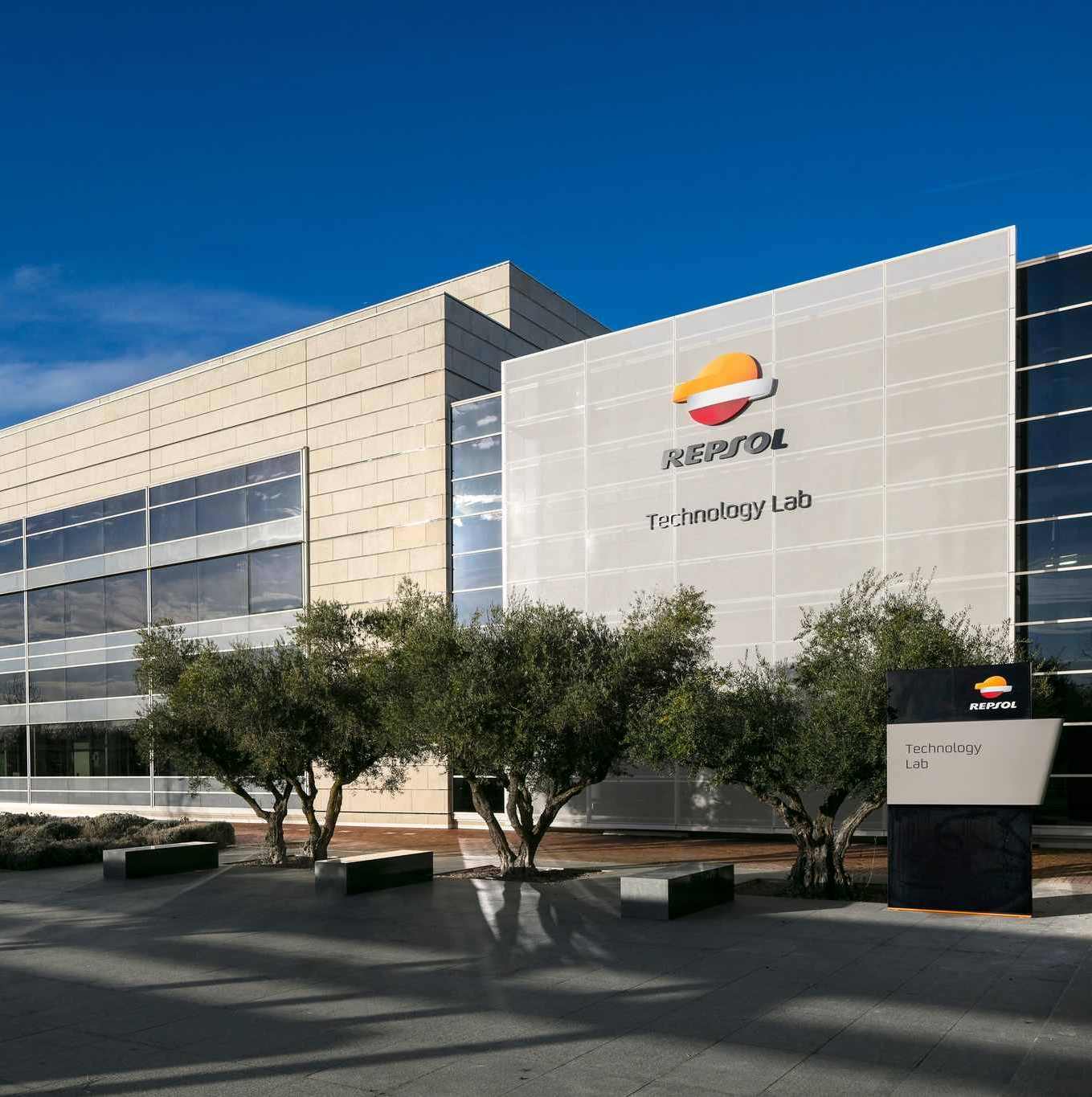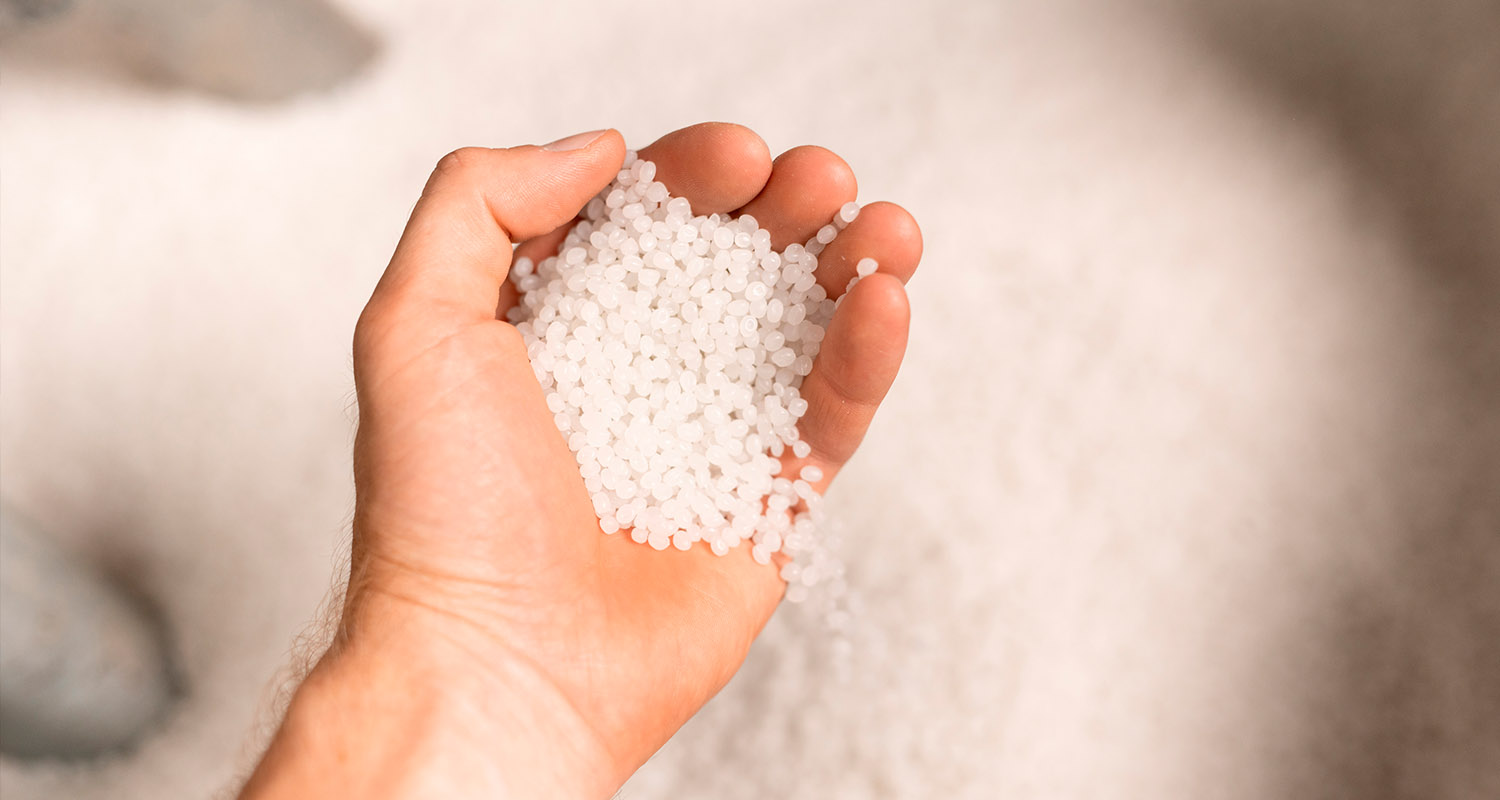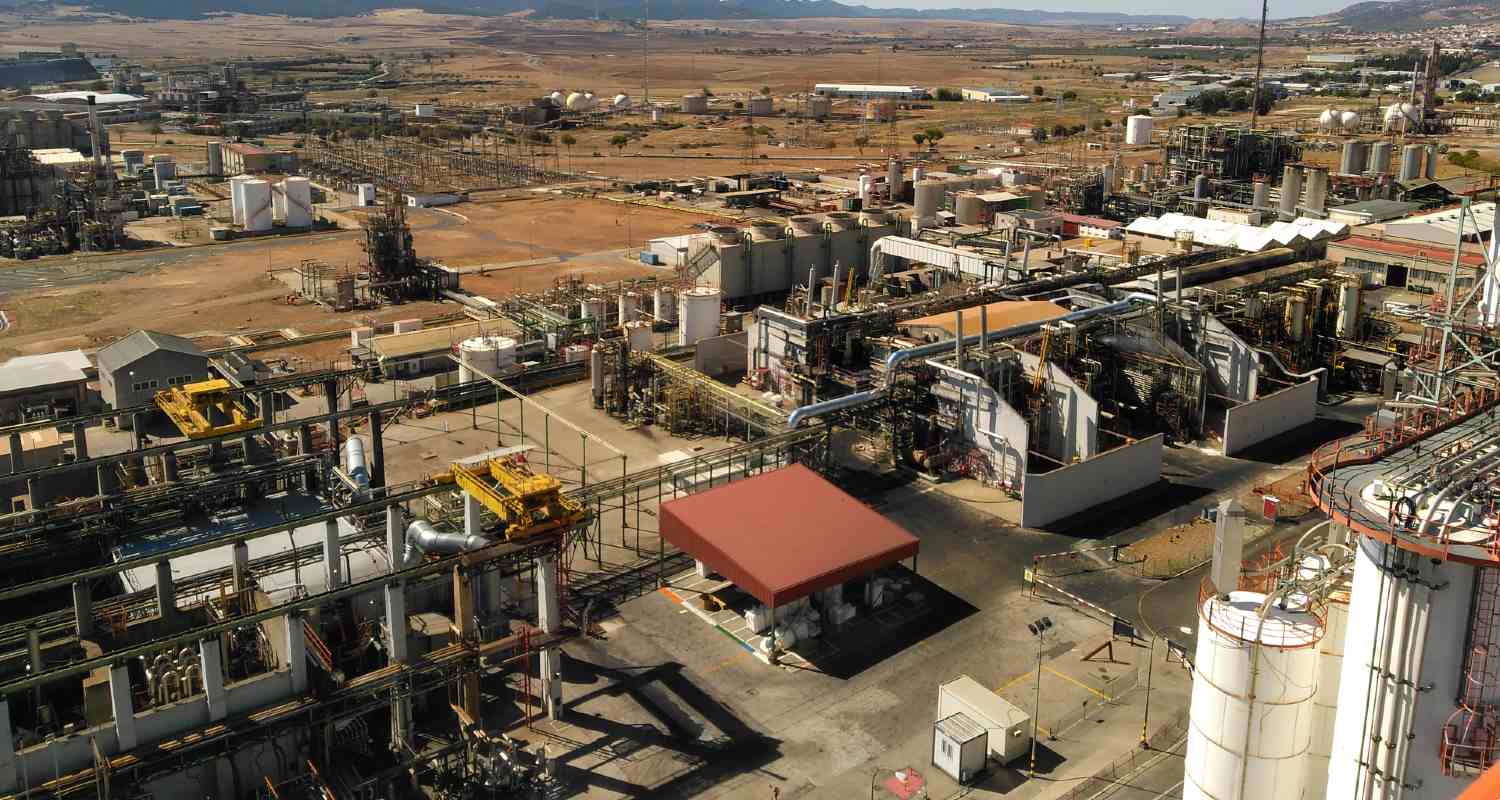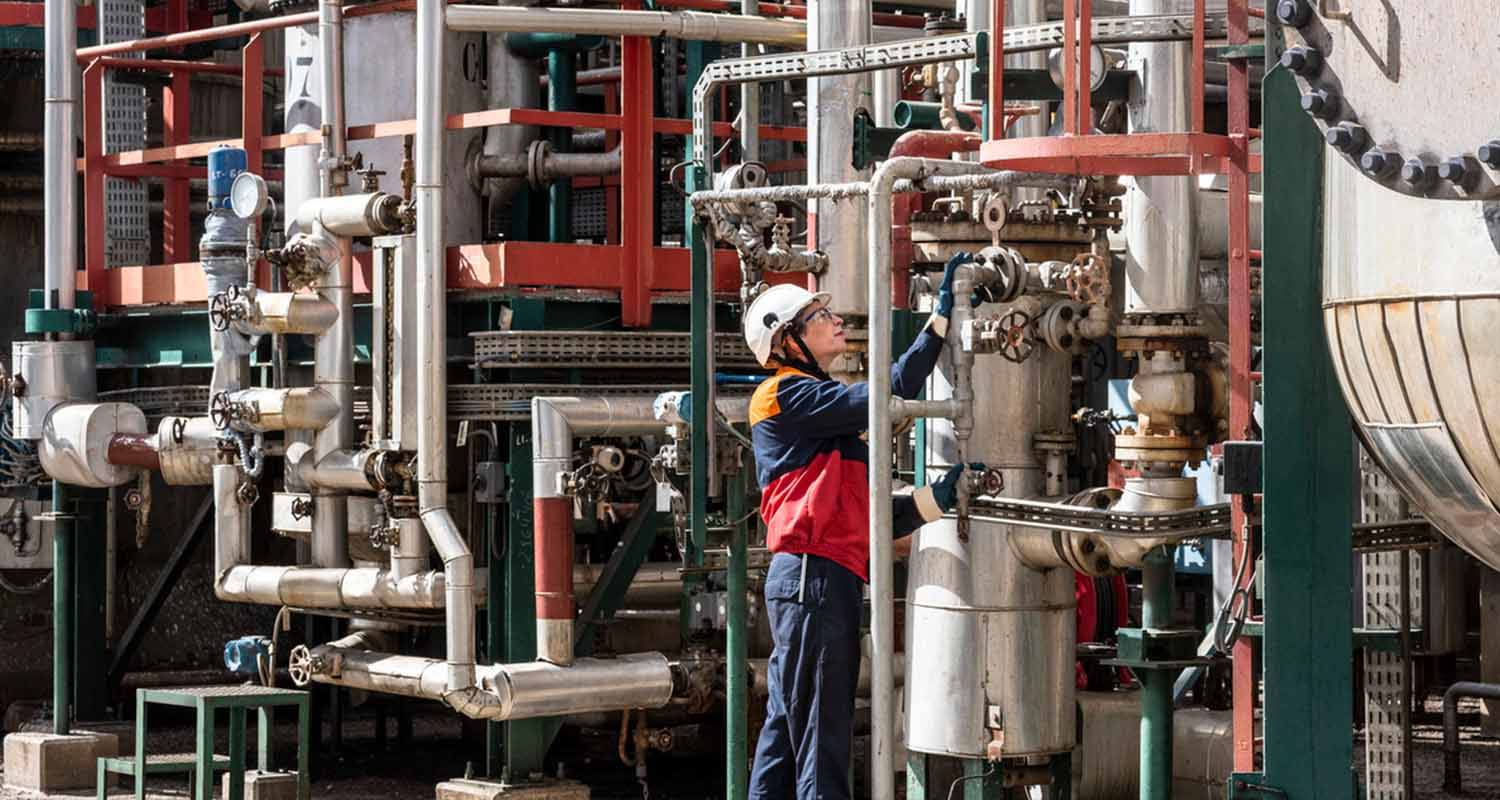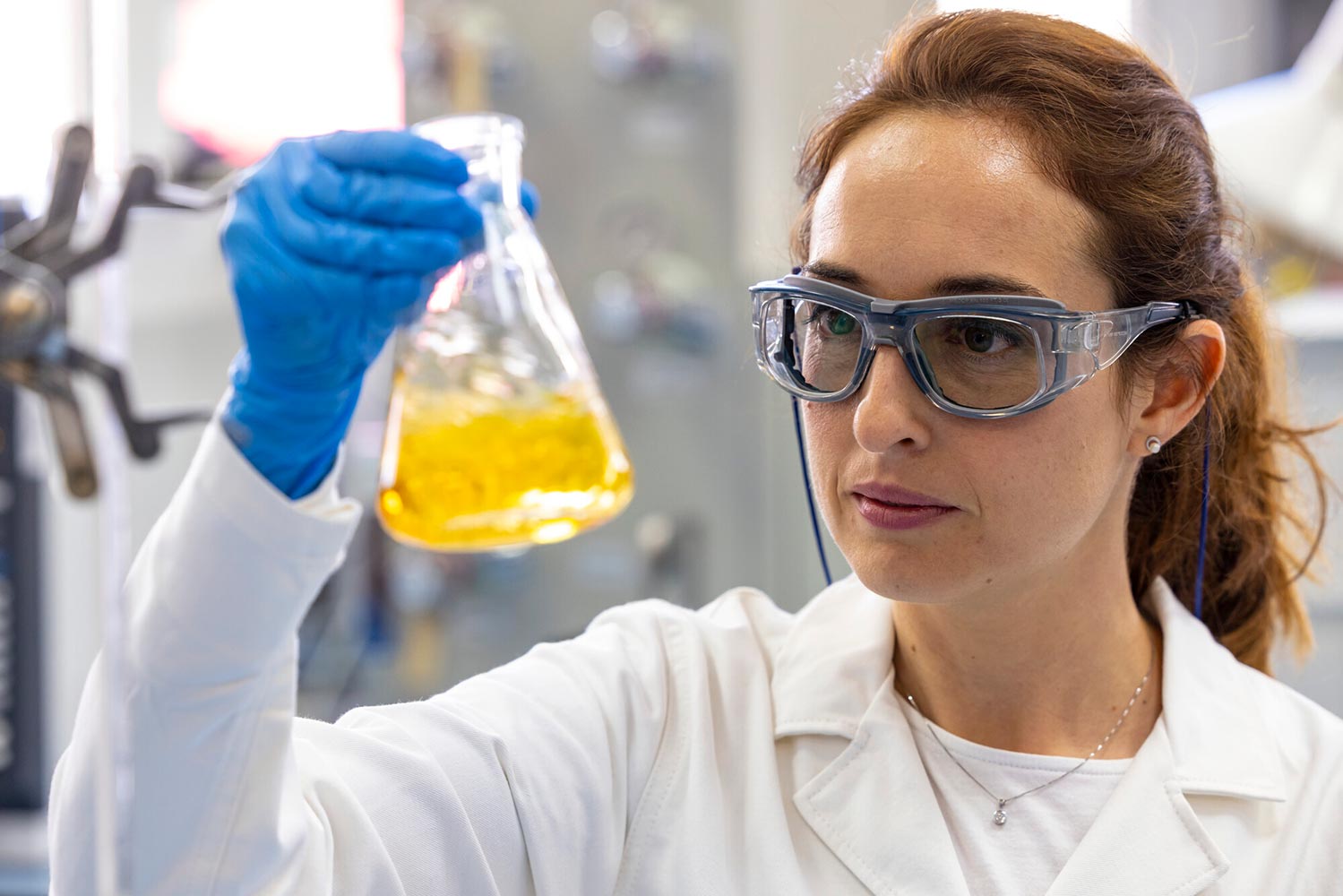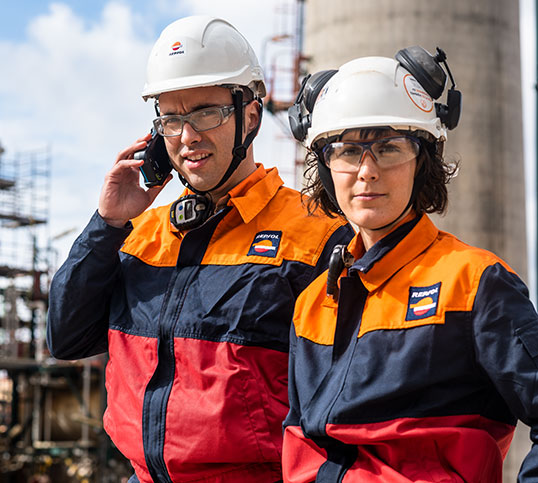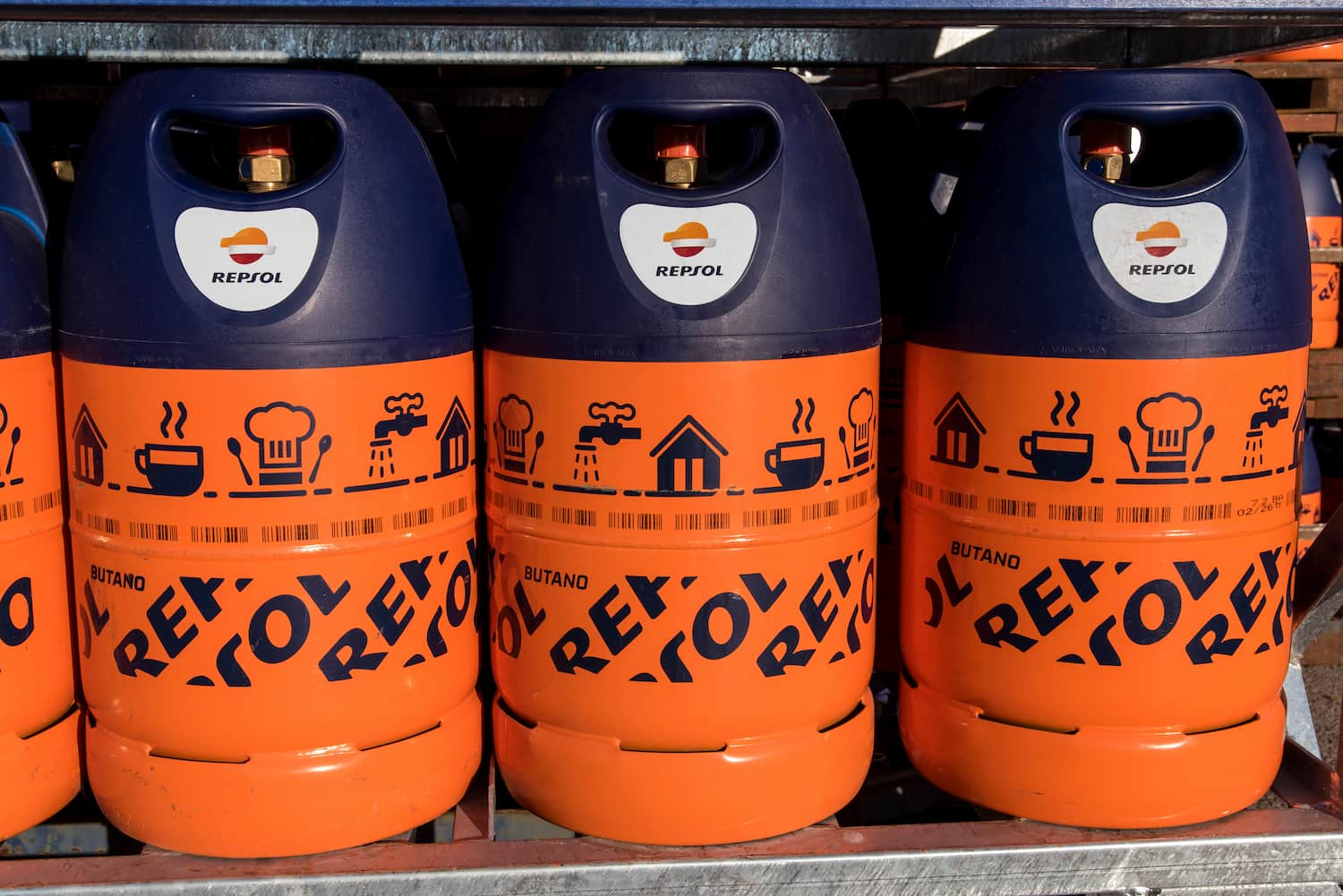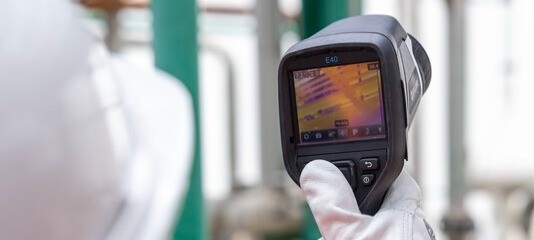Environment
Environment
Waste management
Waste management
We optimize our production processes to minimize waste generation. At Repsol, we manage waste throughout the entire life cycle of our processes by encouraging reusing and recycling. Also, we internally recover third-party waste as alternative raw materials to manufacture our products in our more sustainable way.
Our management tools
At Repsol, we actively manage waste according to the waste hierarchy principles: We give priority to prevention, followed by minimization, we prioritize reuse and recycling, and where this is not possible, we try to recover or send it for disposal as the last possible option.
- PREVENT: We design our processes and products to minimize the impacts derived from our activity.
- REDUCE: We optimize our operations to be more efficient and minimize waste generation.
- REUSE: We extend the useful life of our products by repairing and reusing them whenever possible.
- RECYCLE: We prioritize the recycling of our waste, as opposed to more traditional waste management alternatives.
- RECOVER: We prioritize the recovery of our waste as a preferable option to landfill.
- DISPOSAL: As a last resort when it comes to managing our waste, we take it to landfill in safe conditions.
In addition, we regularly draw up a detailed waste inventory which, together with the associated indicators, helps us to measure our performance, analyze areas for improvement, and propose specific actions focused on complying with the waste hierarchy and minimizing the impact of waste on the environment. We also share experiences and lessons learned among our industrial sites to ensure that best available management practices are always used.
Value chain at waste management
We works throughout the value chain to prevent the generation of waste and mitigate the environmental impacts that may result from its activity, its supply chain, or the use of its products and services. This action includes the implementation of different circular economy projects for the recovery of waste at our facilities or in collaboration with external waste management services and other entities.
The following infographic reflects our waste management in accordance with the requirements established by the Global Reporting Initiative (GRI).
Navigation control
Click on an area to see it in detail, once enlarged you can drag the map. To return to the overview, click on the back button.
You can highlight specific areas by clicking on the legend.
-
306-3 Waste generated
-
306-3 Waste diverted from disposal
-
306-3 Waste directed to disposal
- Materials inflow for Repsol Circular Economy projects
Success stories
Success stories
- Zero Pellets Project
- Waste recovery
- Repsol Polidux
- Extended producer responsibility
- Reusing and recycling equipment and assets
- Packaging recovery
More information on sustainability
More information on sustainability
Updated as of January 2026
